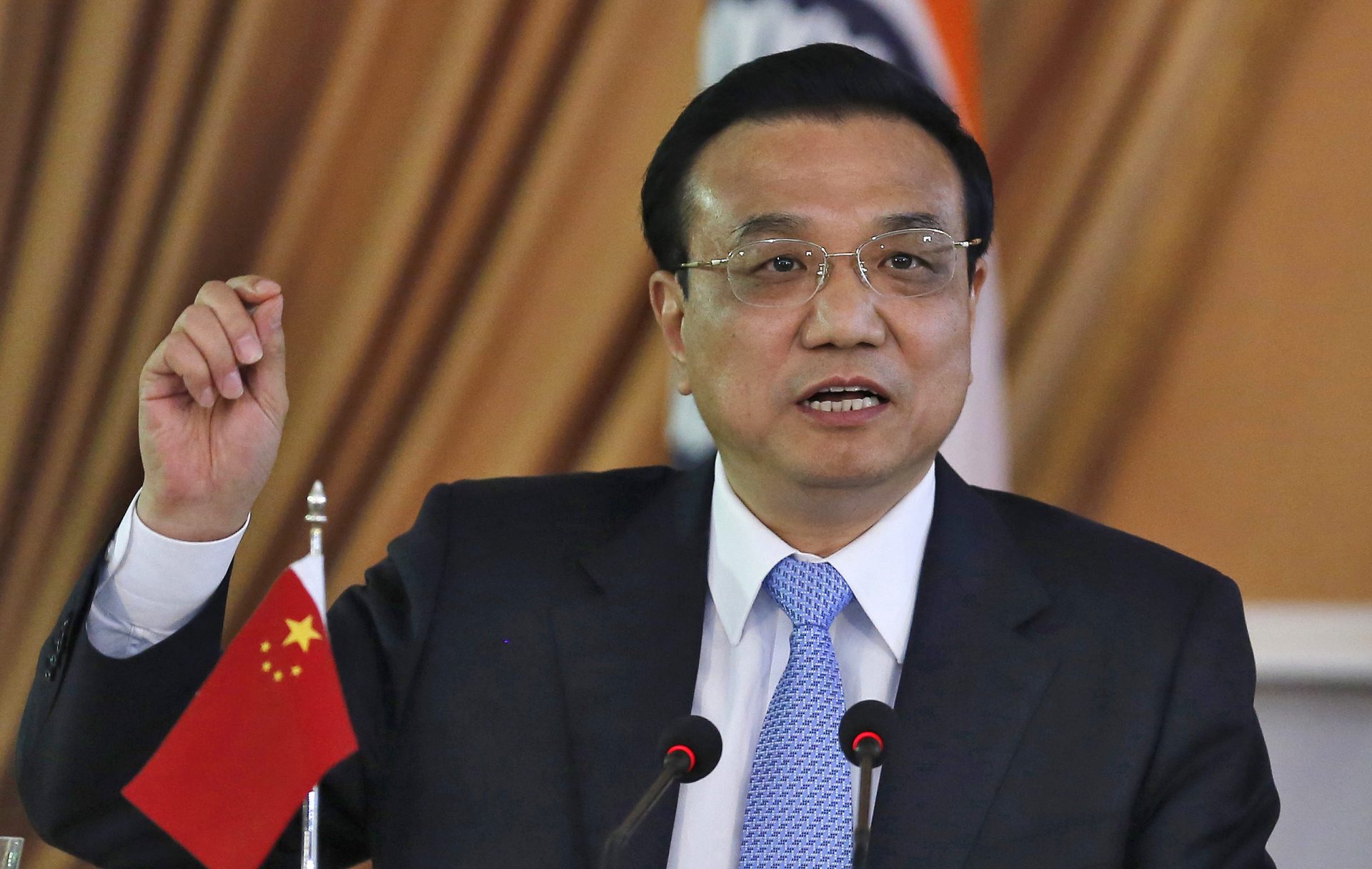China’s imports of commodities eased again in February, as the Lunar New Year holiday week took a bite out of shipping volumes, preliminary customs data showed on Sunday.
Premier Li Keqiang said on Thursday the government would target economic growth of about 7 percent this year, down from 7.4 percent in 2014 and signalling the slowest expansion in a quarter of a century for the world’s biggest buyer of iron ore, coal, copper and soy, and the second-largest crude oil importer after the United States.
The fall in commodity imports helped result in a record monthly trade surplus of $60 billion.
But analysts urged caution interpreting the trade data, given the holiday, which fell in mid-February this year.
Customs data showed imports of iron ore at 67.94 million tonnes in February, down 13.5 percent from January, but up 11 percent on the year.
“Steel demand in China slowed in February as some steel mills cut their output level amid economic downturn pressure,” said Hu Xiaodong, an analyst with Nanhua Futures in Hangzhou.
“Construction activities were suspended during the holiday, which dampened the iron ore demand from overseas suppliers. Ore inventories at major ports in China were also staying at a relatively low level.”
Domestic iron ore prices hit a record low on Friday after posting their biggest weekly fall since mid-November, as the government’s anti-pollution battle threatens to shut more steel mills, cutting demand.
Imports of crude oil totalled 25.55 million tonnes, or 6.66 million barrels per day (bpd), in February, up 11 percent from a year ago, but up only 1 percent from January on a daily basis.
China’s crude imports spiked in December at more than 7 million bpd, as the government and state oil firms took advantage of falls in global prices to build stockpiles.
Copper imports, at 280,000 tonnes in February, slowed by nearly a third from January and were down more than a quarter from a year earlier.
The New Year cut copper arrivals in February, said a trader at a Western producer, adding that his firm had sold some spot copper before the holiday which would arrive in March and April.
Weak imports reflected weak demand in the domestic market, said a trader for a copper end-user, adding many factories in the industrial province of Guangdong in the south had closed for the holiday in early February.
Coal posted a steep fall, with imports down 9 percent from January at 15.26 million tonnes, and down a third on year.
On Friday, China said it would reduce coal consumption as part of efforts to cut pollution.
China, the world’s top soy buyer, brought in 4.26 million tonnes of oilseed in February, lower than the 6.88 million tonnes in January, as crushers scaled down operations during the holiday. March imports are seen about 4.5 million tonnes as the U.S. sales season comes to an end. China will shift to South American soybeans from the second quarter.
Source: Reuters












